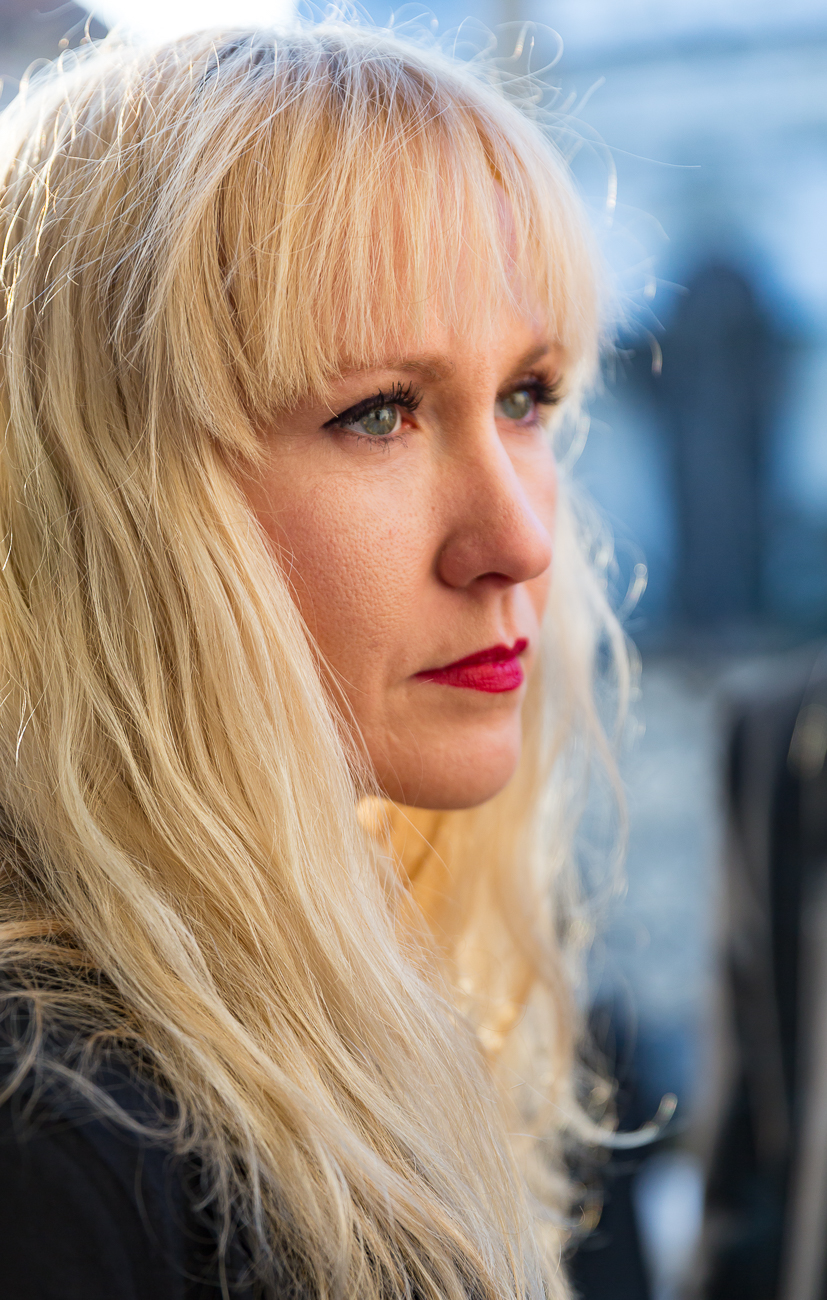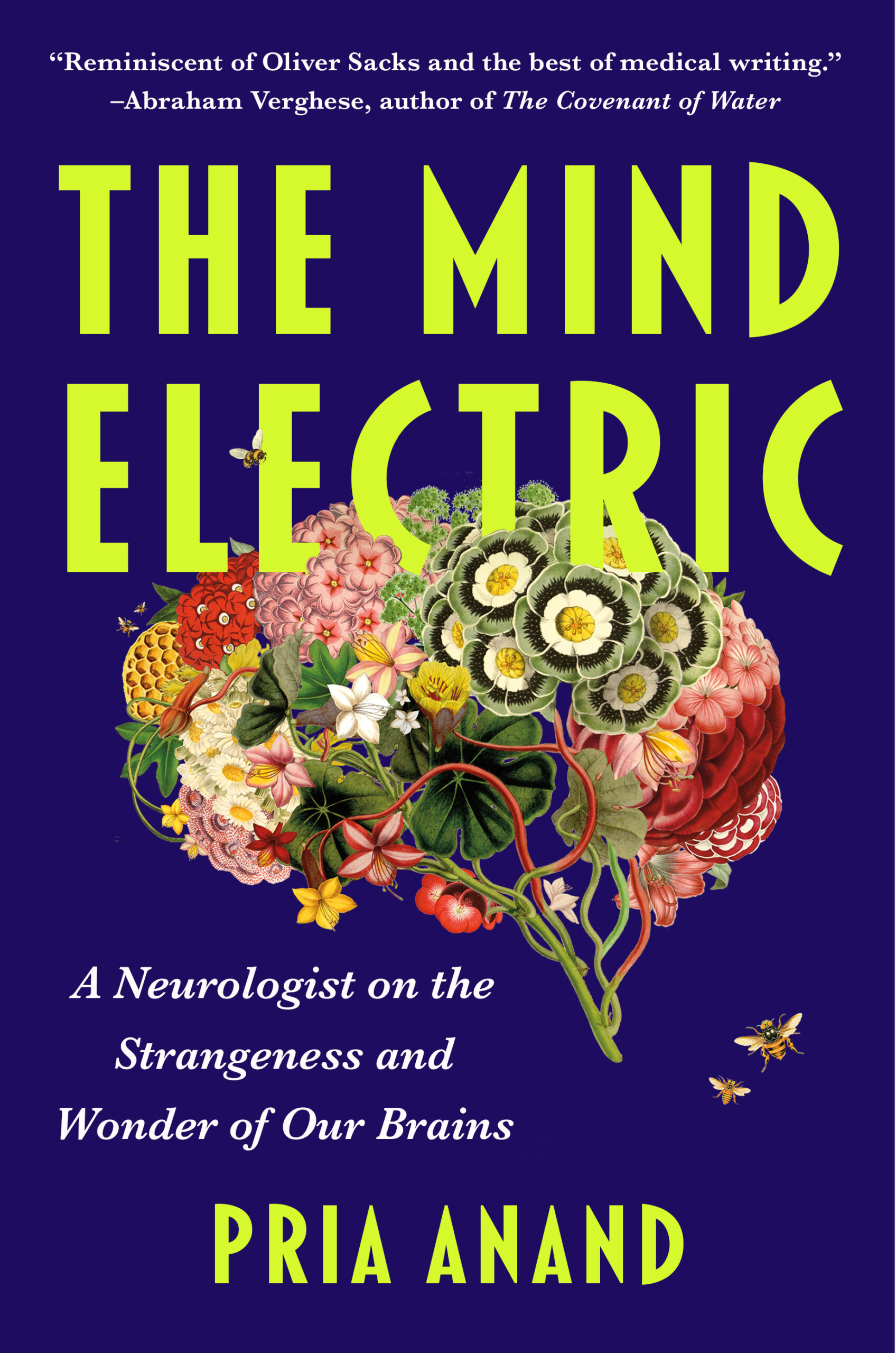By TARA SKURTU
It was the first time I’d lived
with a man, and I wanted him
to translate the name of our street.
He was holding my cold fist
in his own, and we were on
Ofrandei, in the middle of unpaved
Bragadiru, Romania, on our way
home. It’s something you give
to get something—like a sacrifice.
Like what you do for a god.
*
I clawed at the cracked clay
with bare hands, planted blood-
brown calla lilies, daffodils.
Irises, pink peonies, white hyacinths.
I transplanted a living wall
of evergreens, lined the walk
with lavender. I watered
what I’d buried and waited.
*
After the rains, Ofrandei became
a lake. I’d climb along the unknown
neighbor’s fence, his silent dog
following me, pausing when I paused
to estimate the depth of the mud,
length of my jump, until one day
I was there and she wasn’t, and that was
the fall I left Offering Street
with some soil-caked pots, my raincoat,
patio set for two. In the front yard,
under the hood of the gas grill, I left
my keys—the man loved
to grill, so I’d bought him one and
rolled it into the garden I’d sown.
Tara Skurtu is a two-time U.S. Fulbright grantee and recipient of two Academy of American Poets Prizes, a Marcia Keach Memorial Poetry Prize, and a Robert Pinsky Global Fellowship. She is the author of The Amoeba Game.




